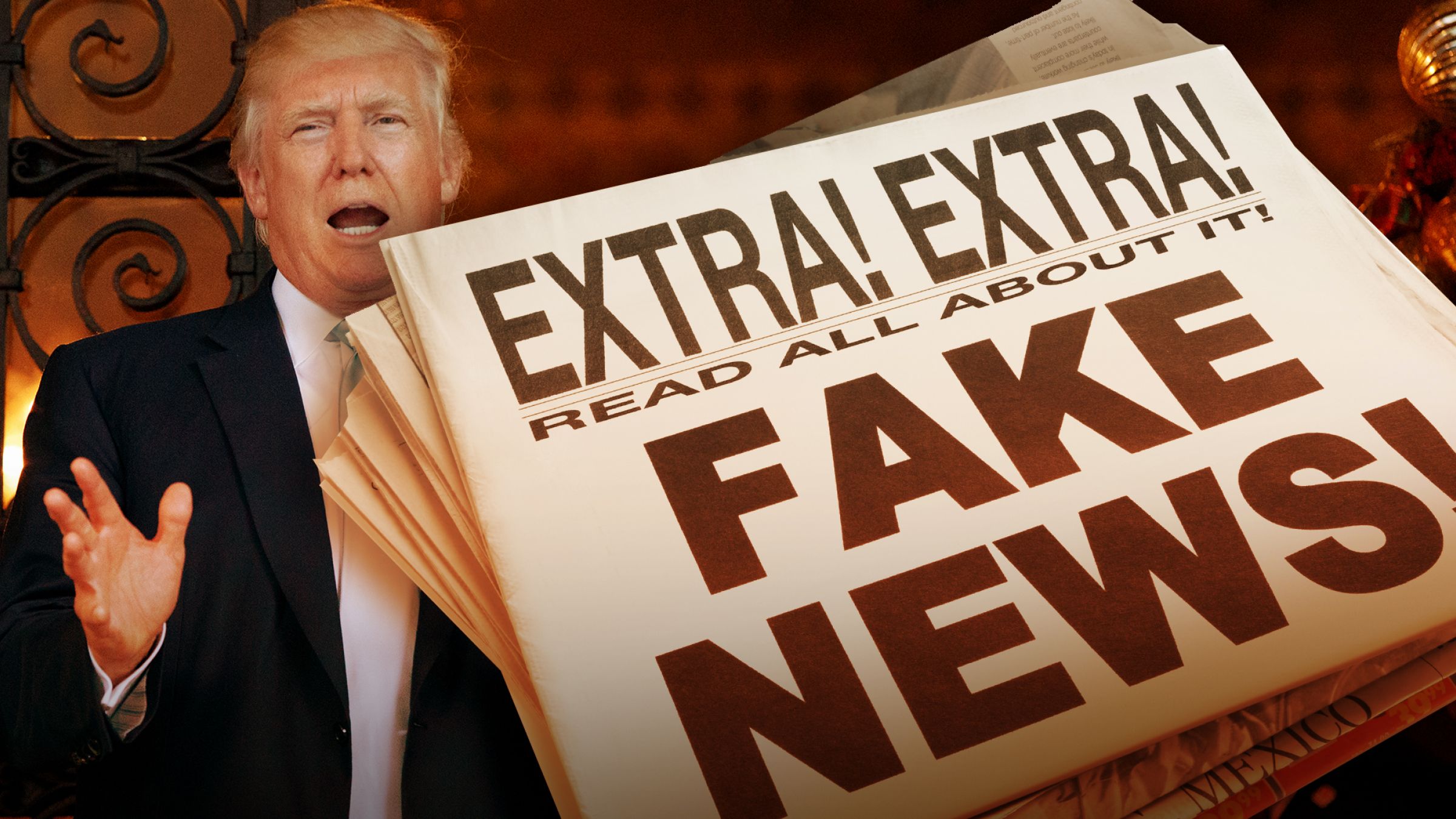by Gavin O’Malley, Staff Writer @mp_gavin, January 16, 2017

Expanding its domestic efforts, Facebook is taking on “fake news” around the world. The move is a no brainer seeing as how most of the company’s growth now occurs overseas.
Facebook is starting off in Germany, where — according to multiple reports — the social giant is about to deploy its still-new fake news filter.
That makes sense because the German government just said it was pushing forward with a law that would fine Facebook about half a million dollars for every “fake news” post it carries.
Ministers are already preparing to float a bill that will order Facebook to compensate German users who are affected by fake news distributed on the platform.
In partnership with top third-party fact-checking organizations, Facebook recently launched a full-frontal attack on “fake news.”
More broadly, media companies and governments around the world are still trying to figure out Facebook. In a Live video one-on-one chat with COO Sheryl Sandberg, CEO Mark Zuckerberg recently called Facebook “a new kind of platform.”
Whatever that means, Facebook executives know they increasingly serve as gatekeepers between publishers and readers. The social giant has slowly realized it is partially responsible for policing the veracity of the content that flows through its platform.
Facing mounting criticism for failing to curb phony news, Facebook CEO Mark Zuckerberg recently called for patience and understanding. “We take misinformation seriously,” Zuckerberg asserted in a blog post. “We’ve made significant progress, but there is more work to be done.”
The young mogul said Facebook has historically relied on its community of users to point out inaccurate news content, but admitted that the task has become increasingly “complex, both technically and philosophically.”
“We believe in giving people a voice, which means erring on the side of letting people share what they want whenever possible,” Zuckerberg explained. “We need to be careful not to discourage sharing of opinions or to mistakenly restrict accurate content.
“We do not want to be arbiters of truth ourselves, but instead rely on our community and trusted third parties.” Further deflecting blame, Zuckerberg insisted the percentage of misinformation on Facebook remains “relatively small.”
MediaPost.com: Search Marketing Daily
(43)